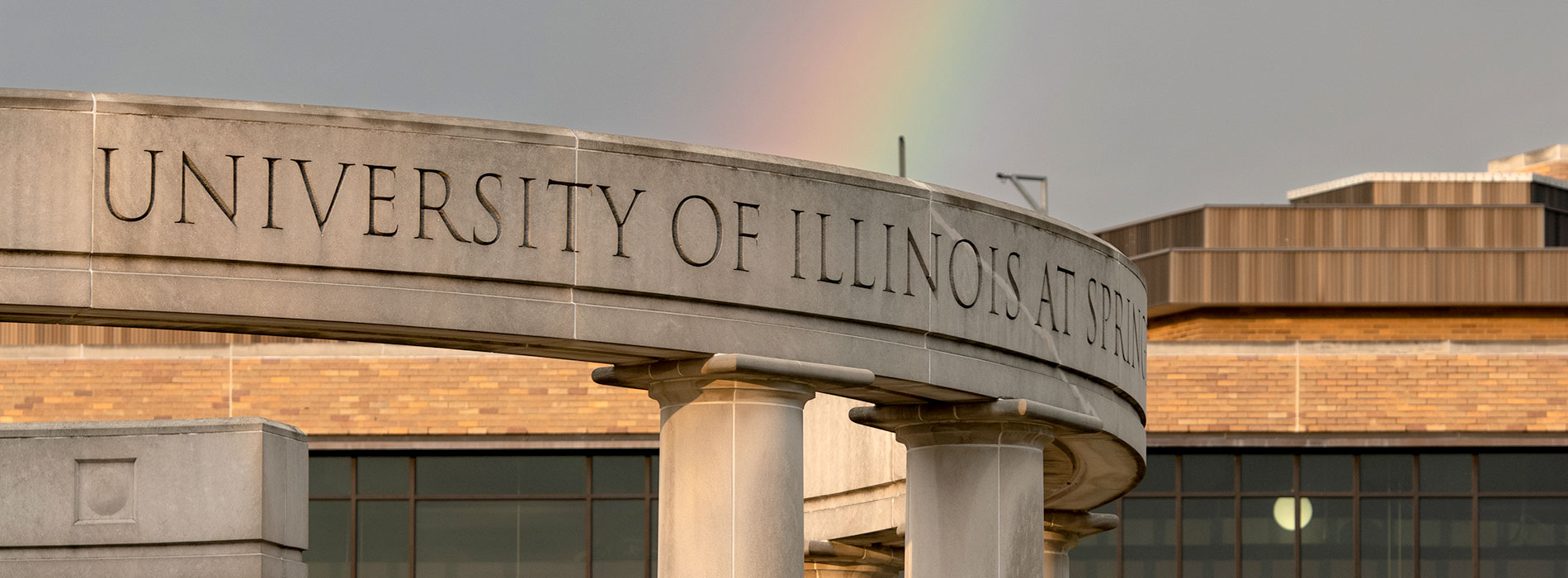About Our Teaching Fellows AY 19-20
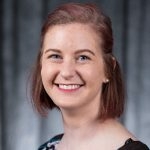
Miranda Andrews
As a chemistry instructor, I have often encountered students who approach science classes with a fixed mindset that says, “I don’t have the ability to be good at science.” I want students to feel empowered to grapple with and conquer those science concepts and skills that some might view as “just too hard.” As a scientist, it’s my job to make sure people understand that science can be fun and approachable, and while it can seem daunting, with the right guide and some effort, it can be mastered. As a chemistry instructor, my biggest goal is to help create a world where people are a little more interested in and informed about science and chemistry. I want to train proficient and caring scientists, even if they pursue careers in a different field. I hope that when students leave me they are curious about and think more critically about their world. I look forward to contributing to courses and curricula that foster creativity, problem-solving, collaboration, and empathy.

Corey Burns
My goal has always been to receive a job that mainly focused on teaching. I am passionate regarding presenting my research and teaching the main concepts to chemistry researchers in addition to a broader audience. I have taken every opportunity to teach in a variety of environments and constantly find ways to improve as an instructor. I view teaching as my way of giving back to all the great teachers, starting with my parents and continuing through high school instructors and finally my professors both at the undergraduate and graduate level. Ultimately, my teaching philosophy focuses on adaptive teaching, interactive teaching, and engaging students.
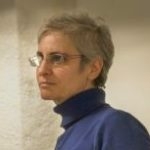
Donna Bussell
My aim as a teacher-scholar is to create the conditions where students take charge of their own learning, become colleagues and mentors for each other, and link the learning objectives of a course to their personal goals and interests.
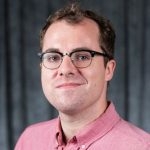
Scott Fenton
I believe in a college classroom where the students (and the instructor) are not afraid of uncertainty. In my courses, I hope to curate a space where we might embrace dwelling in the not-knowing. Too often, I think, we want immediate answers–x is right/wrong; your essay should be structured this particular way; here is the correct way to interpret the passage we just read. Our addiction to resolution–to answers–can present a significant obstacle in the way of critical thinking.
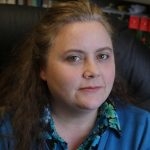
Tena Helton
Teaching is transformative for individuals and the systems in which we live. Ultimately, I teach because I want more people to have access to power so that we might all be more humane to one another. Effective teaching is achieved by moving students beyond the merely pragmatic towards the transformational.
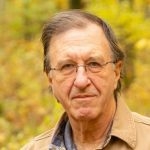
Michael Lemke
Whether in the classroom, laboratory, or in the field, my teaching is a combination of storytelling and tour guide. For instance,
in my first year biology (majors) class, I explain that I will be telling a story about life, though we cannot define life; it is a story full of origins, diversity, extinction, evolution and marvel – and it will take 30 weeks to tell the story. In other classes, my class topic is the footpath and I lead students on a virtual, and sometimes actual, walk through a world that is hardly seen yet is 95% of all life on earth (i.e., microbiology) or needs the synthesis of the great sciences (physics, chemistry and biology) to understand. In this way, we chat between stops, were we pause, compose our thoughts, then look in great depth at select topics as we weave our way through the amazing natural world.
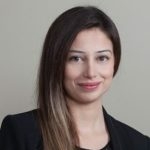
Sevilay Onal
I use Socratic method that I learned from one of my professors; I encourage my students to talk, talk and talk! I like seeing how being more confident makes them become more focused. I believe the most effective way to keep students’ attention is to assign in-class, hands-on assignments to work in groups where they can learn from each other and from me at the same time. I want my students to leave my class with a working knowledge of real world corporate environment and be competitive no matter what is waiting for them.

Karen Swan
I strongly believe in the social construction of knowledge. And so I envision our role as educators as centered on the creation of environments that support knowledge construction, both in the provision of materials and tasks designed to promote active learning, and in support for social interaction and caring. Of course, I teach only graduate courses and I teach completely online which makes all this kind of obvious.
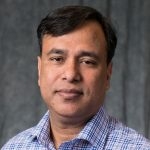
Mohammed Mohi Uddin
My teaching philosophy is focused on four core key aspects (1) empowerment (2) dedication (3) critical thinking, and (4) skill acquisition.
Empowerment is about teaching them how to learn. I believe that successful accounting graduates require the ability to analyze complex business problems, and need to acquire the necessary skills to solve those problems. Hence, I work with them actively to help them develop these skills. I utilize multiple initiatives/strategies so that my students acquire these skills. Those strategies/initiatives include: knowing my students’ background; introducing complex concepts in a simplified manner; promoting active engagements; conducting continuous assessments; and providing timely and constructive feedback.
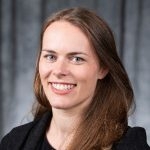
Livia Woods
I believe that education offers a sense that our intellectual processes have a place in ongoing worlds of ideas comprised of such processes as much as of their products. So, I teach awareness and analysis of the practices that make up lives of the mind in worlds of ideas. Attention to process is important because it produces stronger conclusions; but attention to process is also important because it allows us to analyze the shapes of our own ideas in ways that communicate effectively with broader cultures of knowledge and information. As a teacher, I work to articulate methodologies of thinking, talking, and writing as methodologies, processes that aren’t right so much as potentially useful to the effective communication of our own practices of thought. In demonstrating what it means to cite evidence, to engage a source, to organize writing, to assess creative and cultural structures, and to make claims that are both bold and manageable, I work to signal the necessary play of objectivity, subjectivity, and authority at work in what we do when we learn.

Diana Zaleski
As an educational psychologist, I strive to promote academic excellence and produce caring, responsible, and productive members of society. I utilize student-centered instructional strategies to engage and motivate students as we learn how to apply different principles of psychology to improve our own lives and the lives of others.
